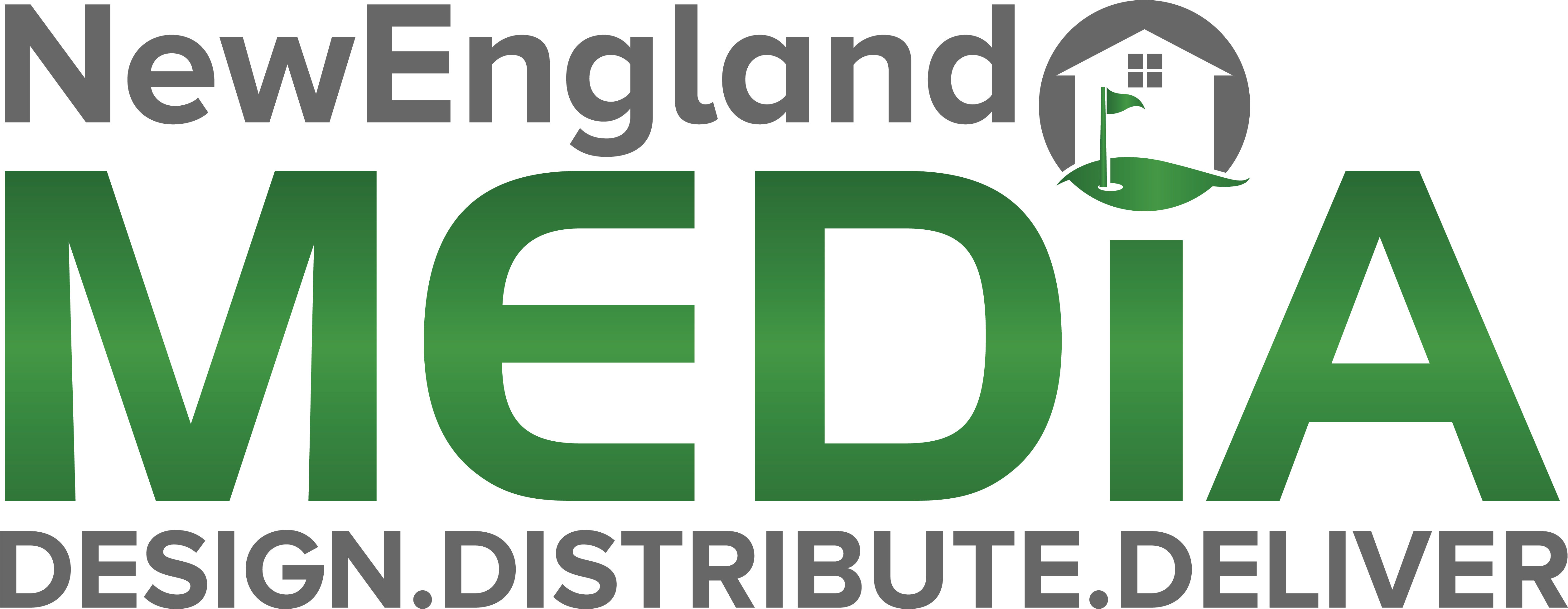 Artificial intelligence (AI) is rapidly changing how businesses operate, and marketing is no exception. AI can automate repetitive tasks, analyze large amounts of data, and even create personalized content. We will explore how businesses can use AI to improve their marketing strategies and what steps are needed to implement them successfully.
Artificial intelligence (AI) is rapidly changing how businesses operate, and marketing is no exception. AI can automate repetitive tasks, analyze large amounts of data, and even create personalized content. We will explore how businesses can use AI to improve their marketing strategies and what steps are needed to implement them successfully.
Understanding the Basics of AI for Marketing
AI is a broad term for machines that mimic human intelligence. The most common forms of AI used in marketing include machine learning and natural language processing. Machine learning is a type of AI that allows machines to learn from data without being explicitly programmed. This makes it possible to analyze large amounts of data and identify patterns, which can be used to make predictions and recommendations. Natural language processing (NLP) is a form of AI that allows machines to understand and process human language. This can be used to create chatbots and other conversational interfaces to interact with customers.
Implementing AI in Your Marketing Strategy
You will need to take several steps to implement AI in your marketing strategy. The first step is to identify areas of your business where AI can improve performance. This could include automating repetitive tasks, such as data entry, or analyzing customer data to identify patterns and make predictions. Once you have identified the areas where AI can be used, you will need to collect and clean the data used to train the AI models. This data should be as accurate and up-to-date as possible and labeled correctly.
After collecting and cleaning the data, you will need to select the AI tools and platforms used to implement the AI models. Many different AI tools and platforms are available, so choosing the ones that best suit your business needs is vital. Some popular AI tools include TensorFlow and Keras for machine learning and Dialogflow for NLP.
Case Studies of AI in Marketing
One of the most well-known examples of AI in marketing is Amazon’s personalized product recommendations. By analyzing customer data, Amazon’s AI system can make personalized product recommendations to customers based on their browsing and purchase history. This has proven very effective, as it can increase customer engagement and sales.
Another example of AI in marketing is chatbots. Chatbots are computer programs that can have conversations with customers, and they are becoming increasingly popular in customer service and sales. One example is H&M; they use chatbots to help customers find the products they are looking for and to provide personalized product recommendations.
Challenges and Considerations of AI for Marketing
Although AI can bring many benefits to marketing, there are also some challenges and considerations that must be taken into account. One of the main challenges is the lack of data. You will need large amounts of accurate and up-to-date data to train AI models, which can be difficult to obtain. Another challenge is implementing AI, as some AI tools and platforms can be expensive.
Another important consideration is the ethical implications of using AI. For example, there is a risk that AI-driven marketing campaigns could be biased or discriminatory. This is something that must be taken into account when collecting and analyzing data and when creating AI models.
Embrace The Future: AI an Essential Strategy For Digital Marketing
In conclusion, AI is rapidly changing how businesses operate, and marketing is no exception. Businesses can improve their marketing strategies and increase customer engagement by using AI to automate repetitive tasks, analyze customer data, and create personalized content. However, implementing AI in marketing also brings challenges and considerations that must be considered. Businesses should start exploring how they can leverage AI in their marketing efforts and consider the potential benefits and drawbacks to make an informed decision.
One of the key takeaways from this article is that businesses should start thinking about how they can use AI to improve their marketing strategies. By identifying the areas where AI can be used, collecting and cleaning data, and selecting the right AI tools and platforms, businesses can see the benefits of using AI in their marketing efforts. Additionally, businesses should consider the ethical considerations of using AI and take steps to address any potential biases or discrimination.
The future of AI in marketing looks promising as more businesses are beginning to realize the potential benefits of using AI in their marketing strategies. AI has the potential to revolutionize the way we think about marketing, and we will likely see more and more businesses using AI to improve their marketing efforts in the future.
In conclusion, using AI in your marketing strategy can bring many benefits, but it’s essential to consider the challenges and ethical considerations that come with it. If you’re thinking about incorporating AI into your marketing strategy, start small and consider the long-term benefits and drawbacks. With the right approach, AI can be a powerful tool to improve your marketing efforts and bring better results to your business.


















